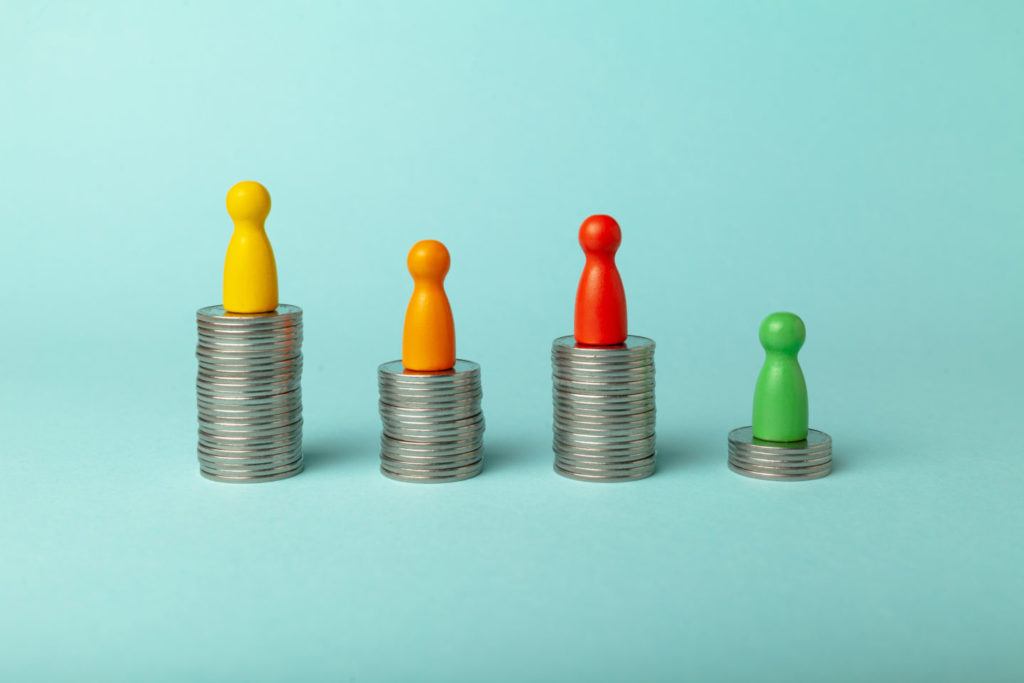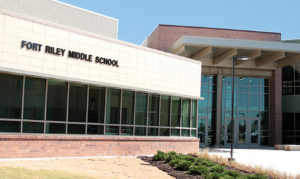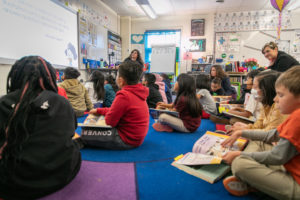Educational inequality creates economic inequality in Kansas
(The Sentinel) – Kansas ranks in the bottom half of states in educational equality, which an economist says is directly related to the state having severe economic inequality.
As the Sentinel…

(The Sentinel) – Kansas ranks in the bottom half of states in educational equality, which an economist says is directly related to the state having severe economic inequality.
As the Sentinel previously reported, Kansas ranked 32nd in educational equality in a WalletHub study, with White students being three to five times more likely to be proficient than Black students. According to another Wallethub study, Kansas is ranked #33 in economic equality.
WalletHub compared black and white residents in all 50 states and the District of Columbia across eight separate metrics: median household income; labor force participation rate; unemployment rate; homeownership rate (as a proxy for wealth); rate of homelessness; percentage of unsheltered homeless and share of executives — all collected from the U.S. Census Bureau, U.S. Equal Employment Opportunity Commission and U.S. Department of Housing and Urban Development.
Overall, Alaska, New Mexico, Arizona, Hawaii and Texas were the top five states for economic equality, and the worst were Minnesota, Iowa, Wisconsin, Illinois, and Washington D.C.
In surrounding states, only Nebraska fared worse, coming in at #39. Oklahoma was 29th, Missouri was 23rd, and Colorado was 10th.
Kansas ranked 38th in labor force participation rate, 29th in the unemployment rate, and 34th in both home ownership and poverty. Nebraska fared far worse in all categories, but neither cracked the top 50% in any category.
Direct correlation between economic inequality and educational inequality
Dr. Benjamin Scafidi, who is a professor of economics at Kennesaw State University, director of the university’s Education Economics Center, and a Friedman Fellow with Ed Choice, says the correlation between economic outcomes and education outcomes is well established.
“I thought the metrics in Wallethub’s educational inequality were spot on,” he said. “There’s a direct tie between educational inequality and economic inequality. If you have a better education, you are more equipped to do well in the economy. You have more job opportunities; you will have better job opportunities.”
Scafidi noted that “better education” does not necessarily mean “a degree” but can — and should — include trade school or other job training.
“Better education really means two things,” he said. “Most people, when they talk about better education, think, ‘do you have this degree or that degree?’ That’s important.
“But what’s more important is — did you actually learn something? Did you actually learn some knowledge and skills? The economic research is very clear on this … it’s the knowledge and skills that are beneficial for you in the economy. The degrees matter too, the degrees are important, but it’s what you learn when you’re getting those degrees.”
Scafidi said that students need to be careful about getting a degree for the sake of getting a degree.
“I tell my students if your major’s easy, and you don’t think you’re learning anything, it’s probably not worth your time,” he said. “The point of college is to make yourself better. Same thing in high school. Same thing when you’re getting a graduate degree. You know, ‘how am I getting better? How is my knowledge improving? How are my skills improving?’”
Scafidi was quick to point out technical training is just as valid as academic training.
“If you’re a welder, you probably have some sort of certificate that you got either during or after high school,” Scafidi said. “American schools are doing a better job of giving students opportunities to get those certificates while they’re in high school. For decades, if you were in career technology in high school, you were looked down upon, but I think that’s changed in the last 20 years where educators and parents and students — and certainly employers understand that career and technology courses and programs of study in high school are very important and should be valued, and it’s a great option for many kids.”
School choice is part of the solution
Scafidi said Kansas, in particular, is a good case study for the flawed theory that says “more money” is the answer to educational outcomes has been a failure.
“Kansas tried that, you know, early this century — largely through a series of court cases and then resulting actions of your legislature and governor — Kansas spent a lot more money on public schools,” he said. “Now we see these WalletHub results a few years later, and they’re disappointing. So we tried the more money thing at the K-12 level.
“I think, if you want different results, for the people of Kansas, especially people of color in Kansas, you have to try something different.
“School choice and educational choice have been shown to be very beneficial, but especially for African Americans. So I think taking the money we spend on schools now, giving families more options on how to educate their children is going to be a key factor in improving educational opportunities for African American children, but also their future economic opportunities.”



